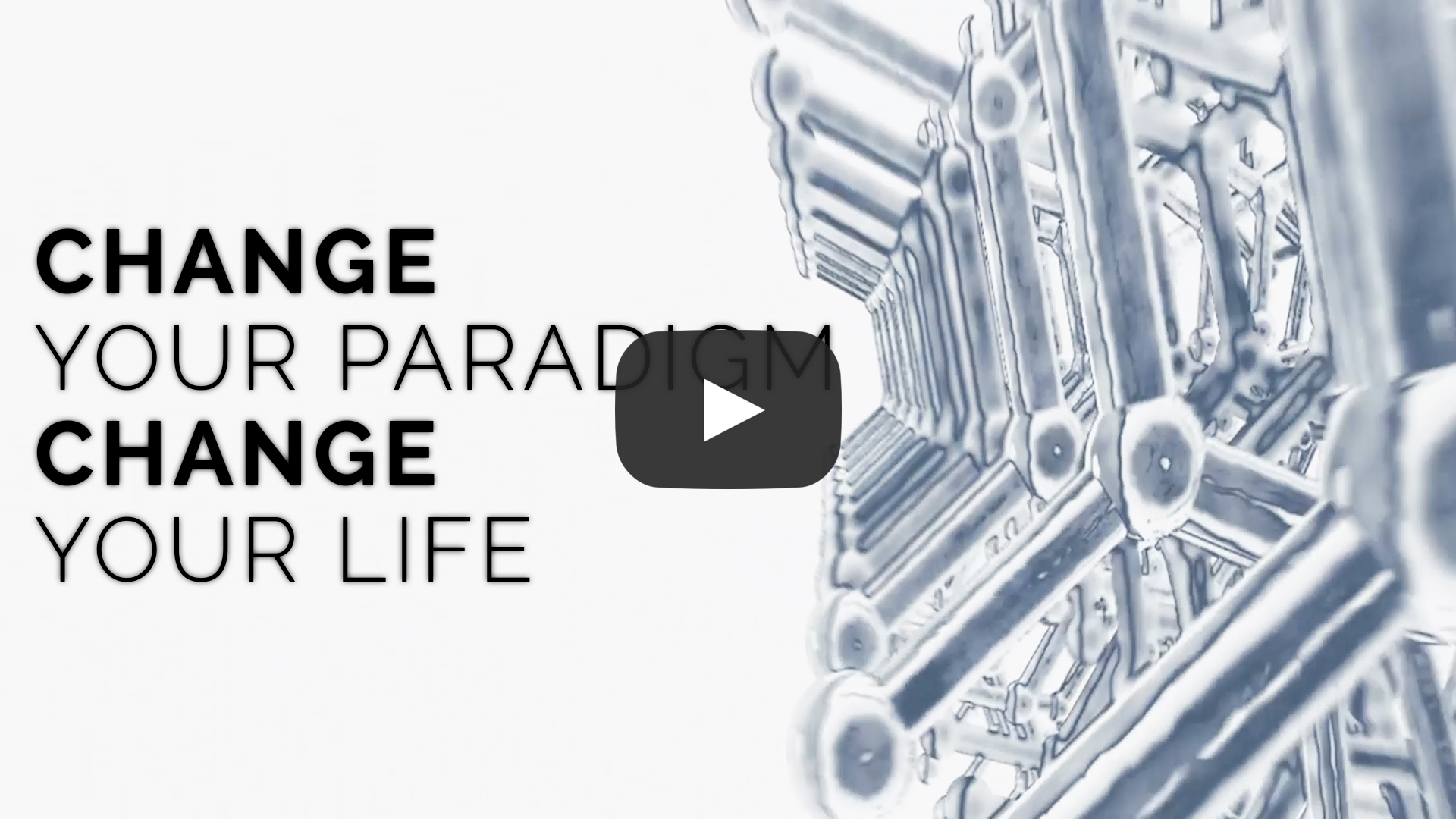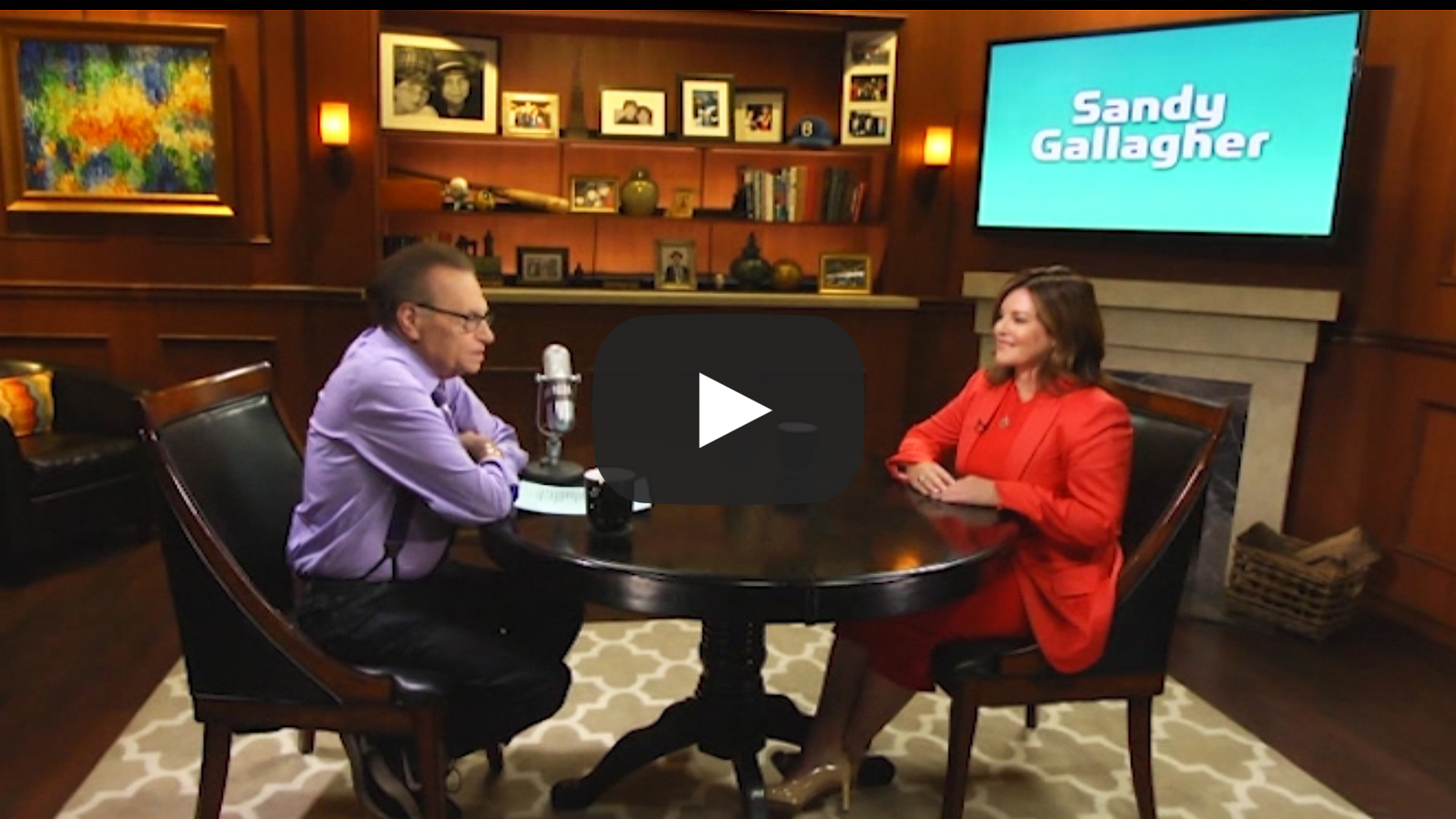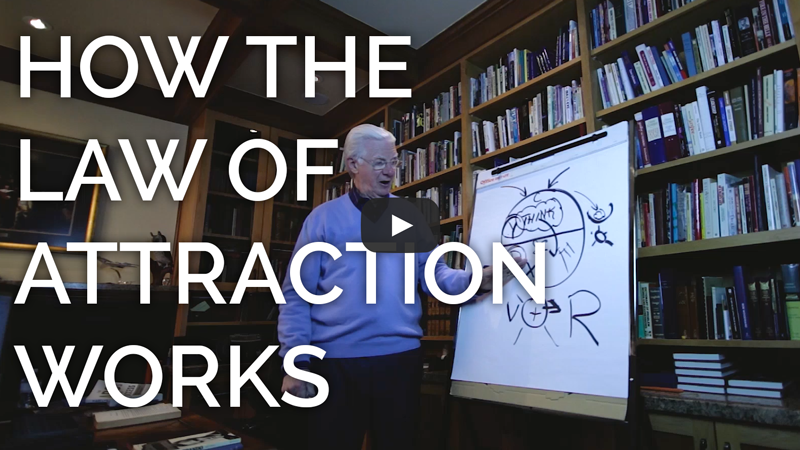
I came across this story the other day, and I wanted to share it with you.
In the 1950s, Mary grew up knowing she was different from other kids . . . and she hated it.
Because she had a cleft palate, she had learned to steel herself against the jokes and stares of children who teased her about her misshapen lip, crooked nose, and garbled speech.
Mary was convinced that no one outside her family could ever love her . . . until she entered Mrs. Leonard’s class. Mrs. Leonard had a warm smile, a round face, and beautiful brown hair. All of the children liked Mrs. Leonard, but Mary grew to love her.
In those days, teachers administered a hearing test in the classroom. Unfortunately, Mary not only had a speech impediment due to her cleft palate, but she was also partially deaf in one ear.
Determined not to let the children have something else to tease her about, she thought of a way to cheat on the hearing test: She could pass the “whisper test” by covering her bad ear and turning her good ear toward her teacher.
On the day of the dreaded hearing test, Mary was understandably nervous. When it was time for her “whisper test,” Mary clearly heard this come from Mrs. Leonard’s mouth:
“I wish you were my little girl.”
Those seven small words changed Mary’s life FOREVER.
That’s because words are things.
Perhaps a parent, teacher, or grandparent said something to you as a child that turned your life around or gave you hope that you could achieve a dream. If so, you’ll never forget what they said.
So let me ask you…
What are you saying?
If someone listened in on your conversations, would their lives be changed for better or worse? Would they hear you speaking about the character flaws of others as if they were physical defects or would they hear things that build others up?
Stop for a moment to think about your last conversation. If it is true that words are things, would you want what you said to become true for you or someone else you care about? If they were expressions of worry or anger or hurt or revenge or fear, how do you think they will come back to you?
Do your words push others away from you or draw others near? Do they tear others down or help draw the best out of them?
Increase your awareness
It is not always easy to catch what we say because we often speak without thinking. However, we can begin right now to watch and listen to ourselves. If you hear yourself expressing negativity of any sort, stop in mid-sentence. Either rephrase the sentence or just drop it. You could even say to it, “No!” or “Stop it!”
Imagine yourself at a magnificent buffet, where instead of dishes of food, there are dishes of words. You get to choose any and all the words you wish to create not only your future experiences but also shape others’.
Now, if you choose ones that will create problems and pain, that’s rather foolish. It’s like choosing food that always makes you ill. We may do this once or twice, but as soon as we learn which foods upset our bodies, we stay away from them.
Well, it’s the same with our thoughts. Let us stay away from thoughts and words that create problems and pain… for ourselves and others.
They seep into everything around you
In her last appearance on Oprah’s Master Class, Dr. Maya Angelou explained her perspective on words and the tremendous power they contain.
“Words are things, I’m convinced,” she said. “You must be careful about the words you use or the words you allow to be used in your house.”
The idea of words being things, Dr. Angelou said, comes from the Bible. “In the Old Testament, we are told in Genesis that in the beginning was the word. And the word was God, and the word was with God,” she explained.
This is why Dr. Angelou stressed the importance of being mindful when you speak. “You must be careful. Care about calling people out of their names, using racial pejoratives and sexual pejoratives and all that ignorance,” she said. “Don’t do that.”
Words, she felt, have the power to seep into everything around you. “I think they get on the walls, they get in your wallpaper, they get in your rugs and your upholstery and your clothes,” Dr. Angelou said. “And, finally, into you.”
Each moment is a new beginning…
Mary’s life changed the moment she heard Mrs. Leonard’s say, “I wish you were my little girl.’’
And the same can true for all of us.
It doesn’t matter how long we’ve had a negative pattern, an illness, a poor relationship, or a lack of money.
The point of power is always in the present moment. No matter what we are going through, we are never stuck.
When we accept this, our problem no longer needs to be the truth for us. It can now fade back into the nothingness from whence it came.
The change takes place, right here and right now…in our own minds!
Are you like Mrs. Leonard?
“I wish you were my little girl.”
Solomon called these kinds of words “apples of gold in settings of silver.” They can erase years of pain and sorrow. They are filled with love and acceptance. They are priceless to those who hear them.
Today, use your words to dispense apples of gold in settings of silver. Seek someone who is downcast and whisper a word of encouragement. You never know who needs to hear, “I wish you were my friend” or “I believe in you. You can do it.”
To more and better,
Sandy Gallagher
[Tweet “Words that can change a life today: http://bit.ly/2c4GWMC #bobproctor”]
[wpdevart_facebook_comment curent_url="www.pgistaff.org/13724/your-words-matter" order_type="social" title_text=" " title_text_color="#000000" title_text_font_size="22" title_text_font_famely="Arial" title_text_position="left" width="100%" bg_color="#FFFFFF" animation_effect="none" count_of_comments="10" ]
" title_text_color="#000000" title_text_font_size="22" title_text_font_famely="Arial" title_text_position="left" width="100%" bg_color="#FFFFFF" animation_effect="none" count_of_comments="10" ]







